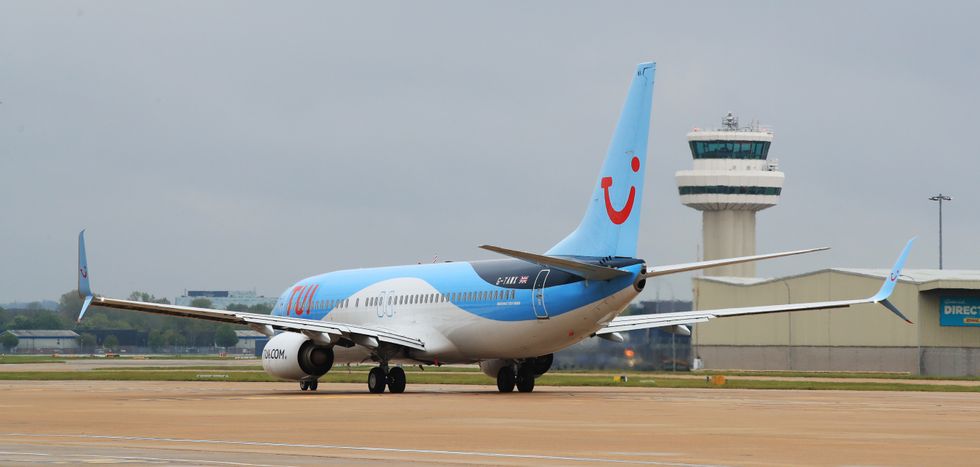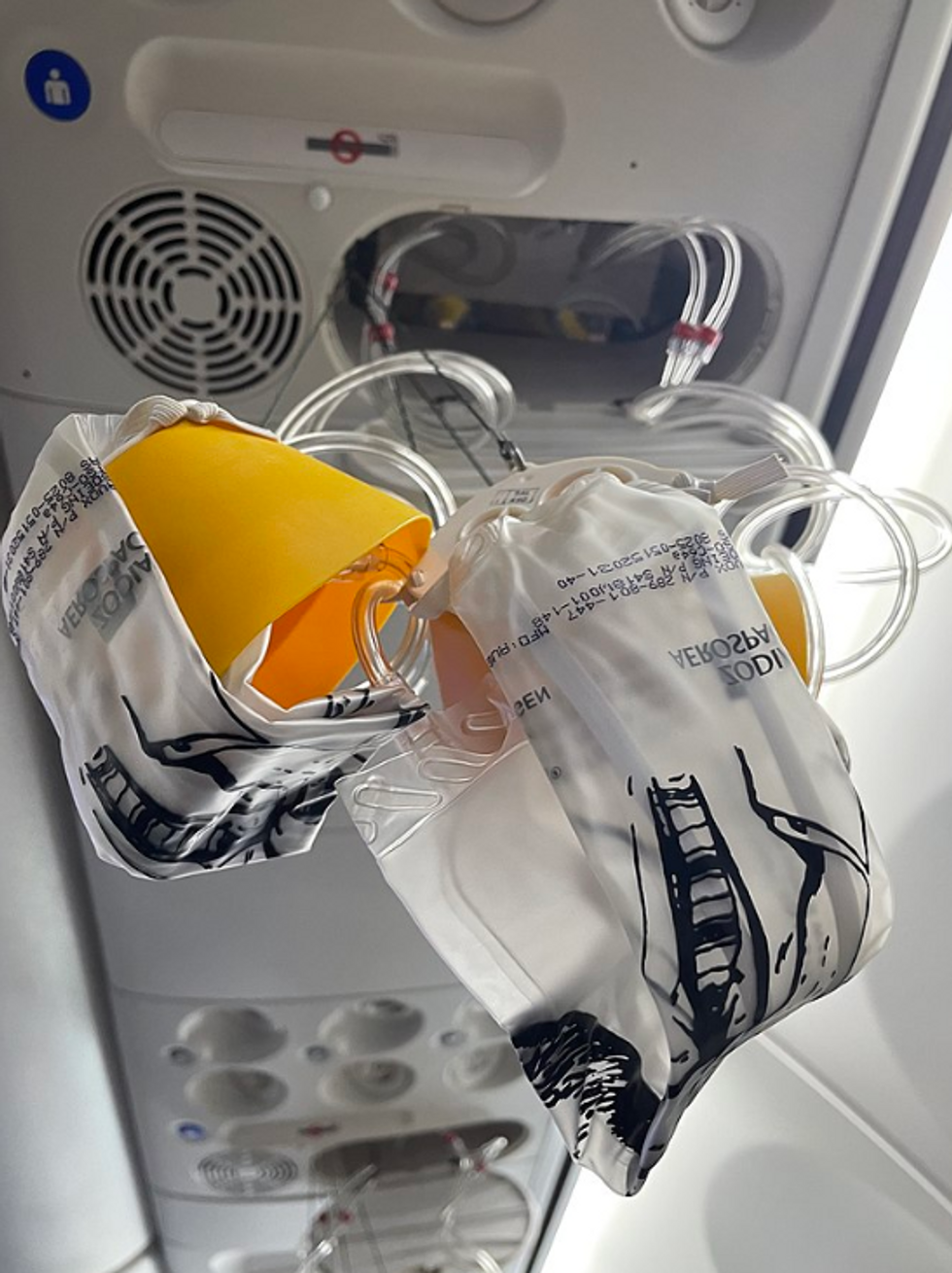TUI flight forced to make emergency landing in UK after pilot ‘missed’ error message – leaving passengers at risk of passing out
Nearly 200 passengers were at risk of passing out due to lack of oxygen while onboard a TUI Boeing 737 flight which was forced to circle over London last October, a new report has revealed.
The Air Accidents Investigation Branch (AAIB) found that a series of maintenance errors and missed warning signals led to the near-disaster.
The flight aborted its journey and returned to Manchester after vital safety systems, responsible for pressurising the cabin, were left switched off during routine maintenance.
The serious incident, which has only now come to light, exposed 187 passengers to potential hypoxia whilst airborne.

The AAIB report stated: “Both engine bleed air systems had been inadvertently left off for the departure, so the aircraft failed to pressurise.”
While the crew managed to switch the systems back on as the plane climbed, their troubles weren’t over.
A “master caution” warning was triggered due to a fault with the air conditioning pack.
The series of issues forced the pilot to make the decision to return to Manchester, working in coordination with air traffic control.
However, the aircraft was too heavy to land immediately, leading to a potentially dangerous situation over London.
During this holding pattern over London, a critical warning signal was missed by the crew.
The oxygen mask warning light went unnoticed for 43 minutes, which the AAIB said exposed everyone onboard to “the risk of hypoxia.”
The report highlighted the serious nature of this oversight, noting: “In this altitude window, the hypoxic exposure can be sufficient to affect cognitive performance and decision-making.”

This meant passengers and crew were at risk of impaired cognitive function due to reduced oxygen levels in their bodies.
The situation was particularly concerning as the aircraft needed to remain circling to burn off excess fuel before it could safely land.
The AAIB investigation revealed that pilot fatigue may have been a contributing factor to the incident.
The captain had managed only three hours of sleep after being on-call the night before the flight.
“Fatigue, particularly chronic fatigue, can be insidious such that an individual may not recognise the symptoms in themselves,” the AAIB report warned.
Despite the series of potentially dangerous errors and oversights during the flight, the aircraft landed safely at Manchester at 8.10am.
No medical issues were reported among the passengers or crew following the incident.

